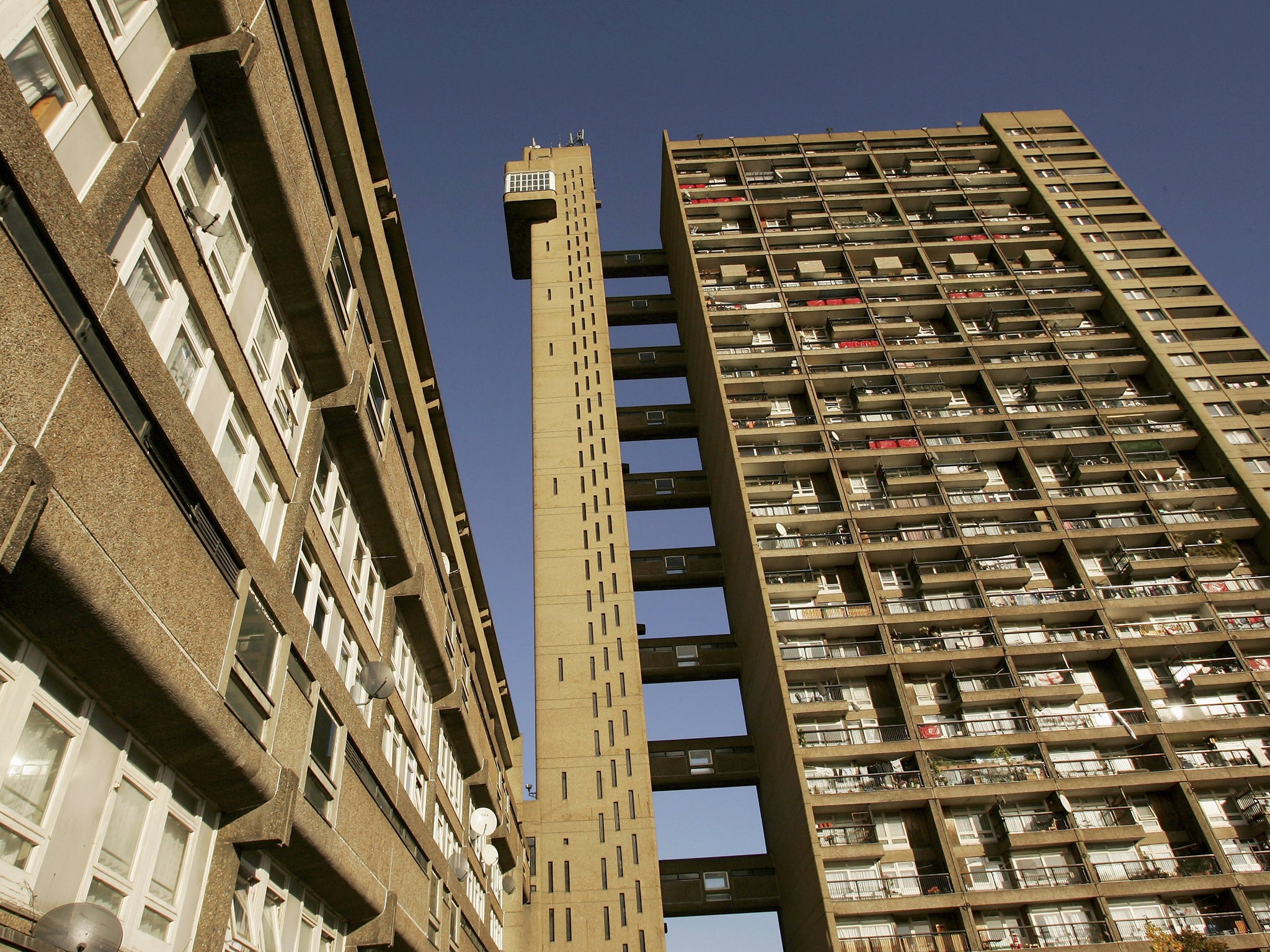Rise in drug-related deaths could be linked to council support service cuts, health official admits
Exclusive: More people died because of complications linked to illegal drug use in 2014 than in any other year since records began

Your support helps us to tell the story
From reproductive rights to climate change to Big Tech, The Independent is on the ground when the story is developing. Whether it's investigating the financials of Elon Musk's pro-Trump PAC or producing our latest documentary, 'The A Word', which shines a light on the American women fighting for reproductive rights, we know how important it is to parse out the facts from the messaging.
At such a critical moment in US history, we need reporters on the ground. Your donation allows us to keep sending journalists to speak to both sides of the story.
The Independent is trusted by Americans across the entire political spectrum. And unlike many other quality news outlets, we choose not to lock Americans out of our reporting and analysis with paywalls. We believe quality journalism should be available to everyone, paid for by those who can afford it.
Your support makes all the difference.A sharp rise in the number of drug-related deaths across England could be linked to councils cutting back on support services, one of the Government’s own health officials has warned.
After a sustained period of decline in the number of people dying because of complications linked to the use of illegal drugs, the rate has shot up in the past two years, hitting a record high in 2014.
Experts are particularly concerned about the number of fatalities in former industrial communities in the North East and North West – where economic stagnation and unemployment have given rise to high levels addiction.
Speaking at a conference this week, Rosanna O’Connor, Public Health England’s director for Drugs, Alcohol and Tobacco, said that the decision by many local authorities to cut spending on the “safety-net of services” relied upon by drug users – including housing, addiction treatment, and free food – could be “one of the major issues behind the rise in deaths”.
Services that provide support to the most vulnerable drug-users were “falling away”, she said, as cash-strapped councils are forced to cut spending. Public Health England would investigate further, she added
Ms O’Connor’s intervention represents the first time a voice from within government has connected local authority cuts and drug deaths.
More people died because of complications linked to illegal drug use in 2014 than in any other year since records began. Some 3,350 fatalities were reported to the authorities, a rise of 17 per cent on the year before. That comes on top of a 21 per cent rise between 2012 and 2013.
Over the two-year period, the number of deaths involving heroin has almost doubled.
Until April 2013, the NHS was responsible for how public health budgets were spent across England, so there was comparatively little variation between services in different areas. But discrepancies have started to emerge since the responsibility was passed to local authorities.
Professor John Ashton, president of the independent Faculty for Public Health (FPH), told The Independent: “When you get into an area [such as drug treatment] in which people may have opinions about, then prejudice may enter into the conversation about what you prioritise.”
At the same time as local authorities took over public health, they were dealing with steep cuts to their overall budget.
Simon Antrobus, the chief executive of Addaction, a charity that provides drug-treatment services, said: “The fundamental building blocks of recovery are stable accommodation, protection around your benefits, and access to drug treatment. If you take money out of the system, there’s a greater chance the people we are working with will die.”
Last night a PHE spokesman said “it is too early to tell” if local authority cuts are impacting on the number of drug deaths.
Join our commenting forum
Join thought-provoking conversations, follow other Independent readers and see their replies
Comments